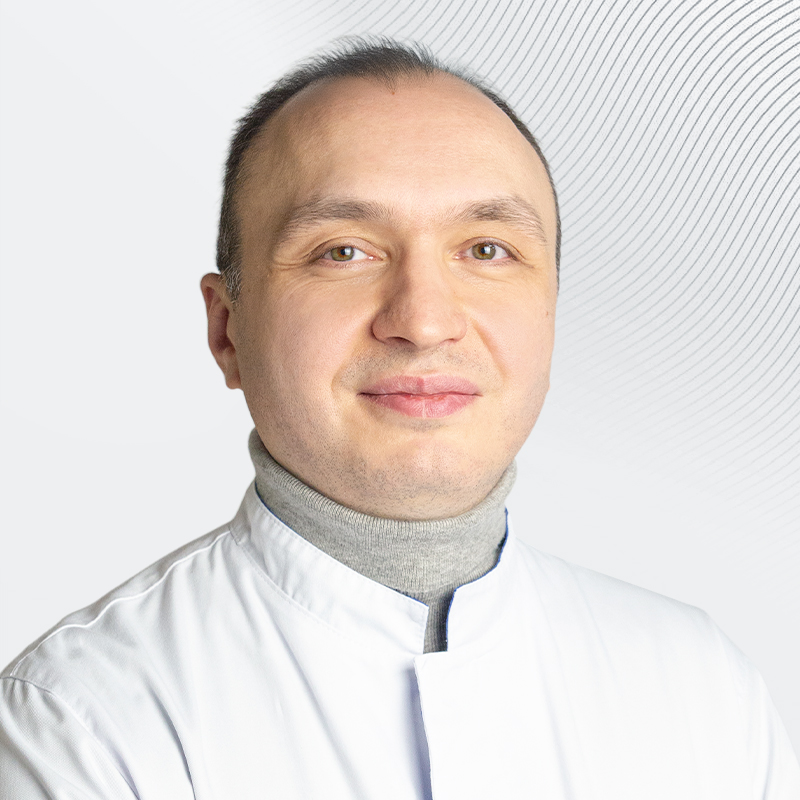Polysomnography
Polysomnographic examination is a long–term recording of diagnostically important physiological parameters during sleep. Polysomnography creates the most complete picture of the state of the functional systems of the body as a whole.
During the polysomnographic study, the following is recorded:
- electroencephalogram (functional brain activity);
- electrooculogram (eye movements);
- electromyogram (registration of electrical potentials of muscles);
- electrocardiogram, pulse;
- nasopharyngeal flow (movement of air through the nasal and oral cavities);
- thoracoabdominal movements (movements of the chest and abdomen during breathing);
- oxygen saturation of blood hemoglobin;
- body position in a dream;
- limb movements.
The information obtained for each of the parameters provides qualitatively new information for adopting the right therapeutic tactics.
In 1997, the American Sleep Disorders Association presented an analysis of indications for polysomnography:
- respiratory disorders during sleep (apnea/hypopnea);
- other respiratory disorders (intermittent breathing);
- narcolepsy (increased daytime drowsiness, sudden falling asleep);
- sleep-related parasomnia and epilepsy (terrible dreams, sleep movements, epileptic seizures in sleep);
- restless legs syndrome and periodic limb movements syndrome during sleep;
- depression combined with insomnia (insomnia);
- sleep disorders related to changes in circadian rhythm (long-distance travel, rotation of work shifts);
- examination of patients with sleep-related behavioral disorders;
- no effect of therapy in the treatment of patients with parasomnia and nocturnal epilepsy;
- selection of the auxiliary ventilation mode by the method of constant positive airway pressure (CPAP) in patients with sleep breathing disorders;
- examination of patients before surgery - laser uvuloplasty;
- evaluation of treatment outcomes after achievement and clinical improvement in patients using dental devices to treat OSA.
How the research is conducted. The patient's memo.
Polysomnography is performed at night in the clinic, the duration of the study is 8-9 hours. It is not necessary to prepare for somnography specifically, but on the day of the study it is recommended not to drink tea, coffee and other caffeinated drinks after lunch. You can bring the clothes you normally sleep in with you to the clinic. If you can't sleep, we'll suggest you take sleeping pills.
When you arrive for a polysomnography examination, usually at 8-9 p.m., you will be placed in a comfortable single room. The doctor will fix electrodes on the scalp (to register the rhythm of the brain), the area around the eyes (to register eye movement), on the skin of the chin (registration of muscle tone), on the skin of the nose and mouth (registration of air flow), on the chest (registration of an electrocardiogram), as well as breathing sensors on the chest and abdomen, blood oxygen levels on the finger and motion sensors on the feet. After that, the lights turn off, you stay in the room alone, and the doctor from the next room will monitor your performance.
At first it seems that with sensors on the body and in an unusual environment, you will not be able to fall asleep, but this is not the case. If a person feels well, is tired enough, relaxed enough and lies in a more or less acceptable position for some time, as a rule, there are no problems falling asleep.
In the morning, after the end of the study, the doctor removes the sensors, you can take a shower, drink tea. Then, within one or two days, the doctor contacts you and makes a repeat appointment or tells you about the results of the study and further actions by phone. You will also receive the results of polysomnography by e-mail.
Get help
Specify your contacts and we will contact you to clarify the details.
Doctors
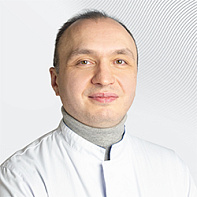
Murat Shomakhov
-

Yuliya Aleshchenko
-
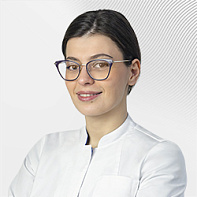
Izabella Maskurova
-
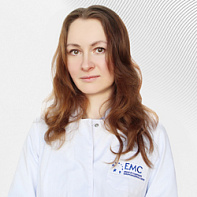
Evgeniya Aleksandrova
Ph.D. of Medical Sciences
-
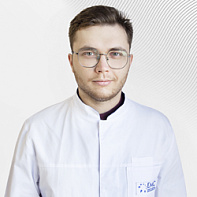
Mikhail Zaytsev
-
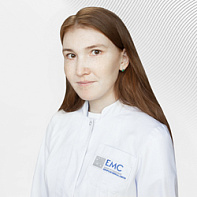
Ananeva Liliia
-
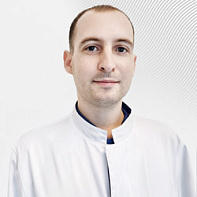
Dragan Ivan
-
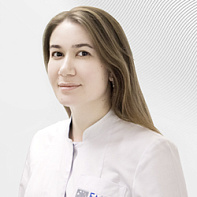
Mityukova Marina
-
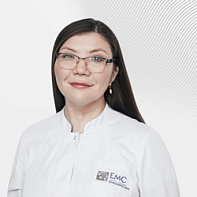
Kameldenova Dinara
-
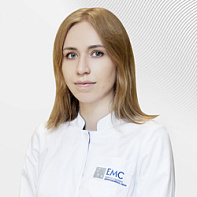
Ermilova Elizaveta
-
.jpg)
Volkov Sergey
-
.jpg)
Shchelukhin Alexandr
-
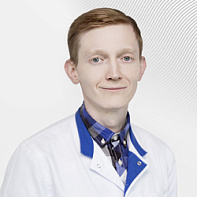
Eliseev Yuriy
-

Kamchatnov Pavel
Doctor of Medicine, Professor
-
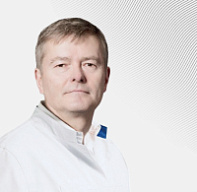
Fitze Ingo
Head of the Interdisciplinary Sleep Medicine Center at the Charite University Hospital (Berlin, Germany), founder of the private sleep Medicine Institute Somnico GmbH in Berlin., Professor, Doctor of Medicine
-
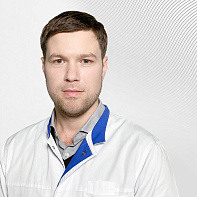
Ilyin Nikolai
-
.jpg)
Medvedeva Anastasiya
Ph.D. of Medical Sciences
-
.jpg)
Pechatnikova Natalia
Hereditary metabolic diseases
-
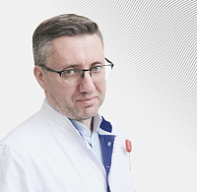
Nogovitsyn Vasiliy
Leading pediatric neurologist and epileptologist, Ph.D. of Medical Sciences
-
.jpg)
Maslak Andrey
Clinical neurophysiology and neuromuscular diseases
-
Murat Shomakhov
- Specializes in the treatment of chronic pain
- Performs diagnostics of headaches, back and limb pain, selects medical treatment
- Chen of the Association for Interventional Pain Management
Total experience
18 years
Experience in EMC
since 2025
